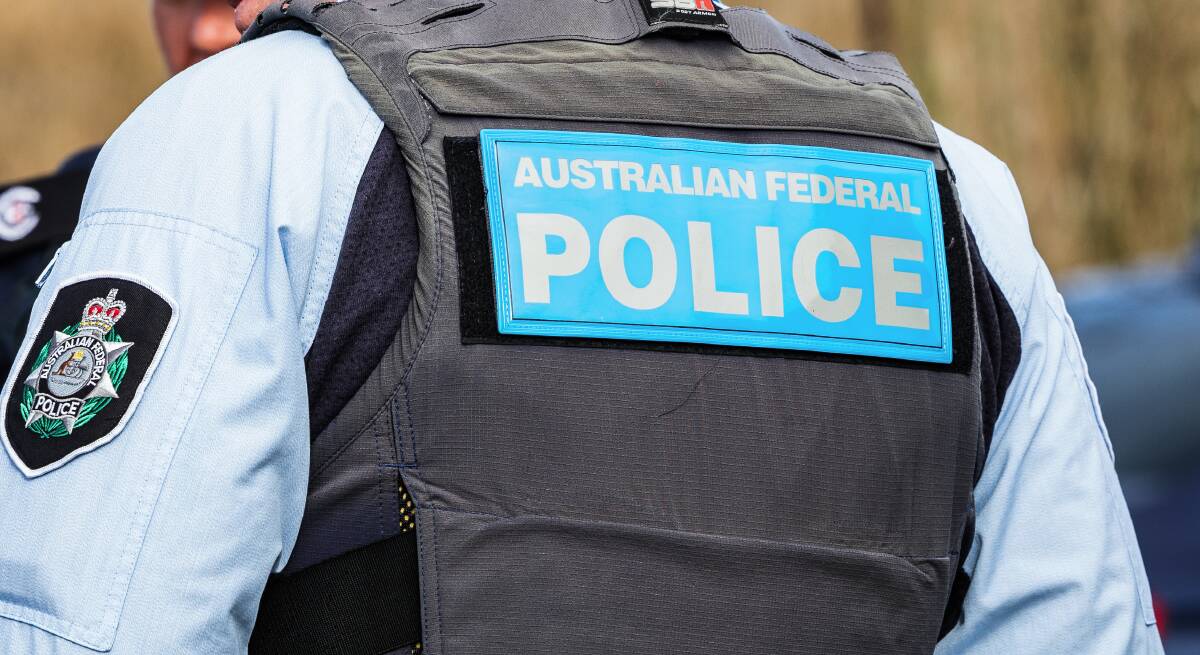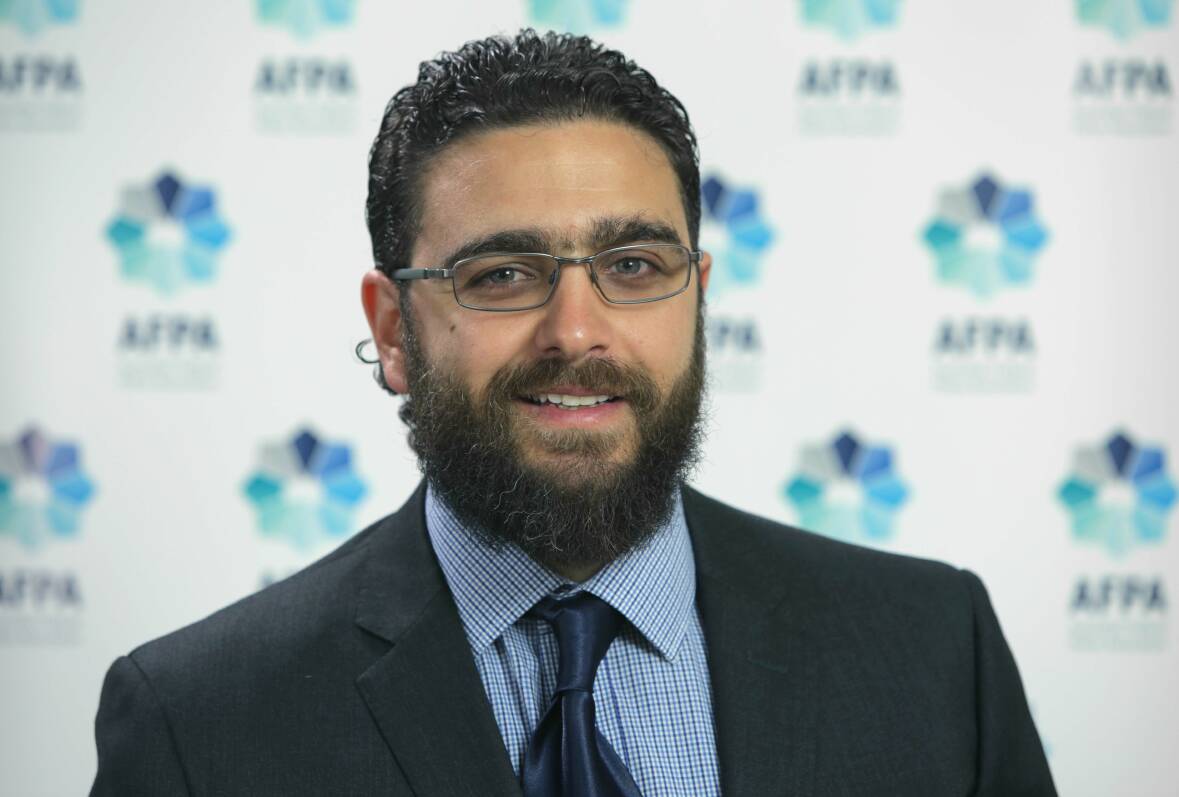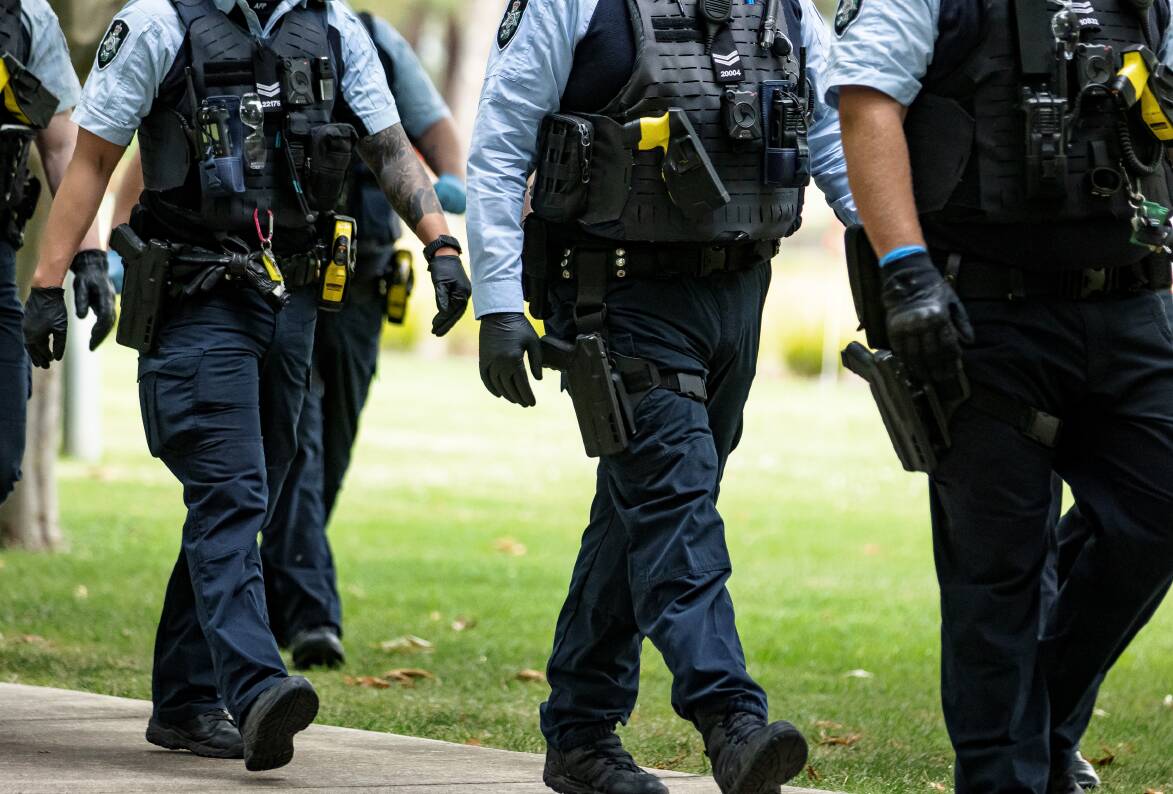
Further pressure has been added to the demand for more police after a new survey of rank and file officers revealed a huge decline in morale and that 17 per cent were considering leaving the organisation.
The latest troubling survey results from the Australian Federal Police Association follow on from Chief Police Officer Neil Gaughan's revelations in February this year that increased work demands were having a health impact on his officers.
Deputy Commissioner Gaughan's response came after a report on government services revealed the ACT had the lowest number of operational police per 100,000 people compared with any other jurisdiction. He said the population of the territory had risen 19 per cent in the past 10 years while police numbers had fallen "in raw terms" by 0.7 per cent.
ACT Policing, which is a contracted service provided by the Australian Federal Police, has been unable to hit both its priority one and priority two response targets over the past few years largely as a result of an increased demand for services.
Police are understood to have provided a compelling business case to the ACT for increased funding for more numbers, with ACT Police Minister Mick Gentleman confirming last week that he had reviewed two new independent and confidential reports on the issue - both of which have been sought for weeks by The Canberra Times under freedom of information - and the government would be giving the issue a "particular look" in the forthcoming ACT budget.
The ACT government currently pays around $17 million per month to the AFP for policing services.

The association's latest survey paints a bleak picture of how Canberra's thin blue line is coping, identifying pay, morale and increased workload as critical factors.
This latest member survey follows on from an equally critical internal AFP scorecard which revealed significant issues with the agency's administrative processes, team performance and goal clarity.
The members' survey found around 84 per cent of police believed they were financially worse off than they were three years ago, and 71 per cent believed morale within the ranks had decreased since 2019.
Association president Alex Caruana said the survey confirmed issues which had been "identified for some time".
"ACT Policing officers are the lowest base-paid police officers in the country," he said.
"The AFP uses base pay, plus composite allowance [an additional 22 per cent on base pay] calculation to move the AFP up the rankings [compared with other jurisdictions].
"The only way to compare pay scales across jurisdictions is via base pay, as each state and territory has different allowances that don't translate to other jurisdictions."
More than a quarter of respondents had sought professional psychological help to cope with the pressures of the job, and 13 per cent prescribed medication to treat a psychological condition.
For the 17 per cent likely to leave the ranks, pay was an issue of most concern for officers under 40 (81 per cent), while those over 40 cited the impact the job was having on their physical health and wellbeing amid ever-rising workloads.
More than a quarter of those who responded had sought professional psychological help to cope, and 13 per cent prescribed medication to treat a psychological condition.

Around half the members said they did not feel valued, although 60 per cent still felt proud to be part of the organisation.
Workloads had risen significantly, with overtime now a significant part of every officer's working life.
Among all the members who responded to the survey, 82 per cent had worked overtime in the past 12 months, with sworn officers required to do much of the heavy lifting.
Among sworn officers, 70 per cent said the the main reason for taking on the overtime was because they didn't want to let their fellow officers down, or leave them short-staffed or under-resourced.
"There will be instances where overtime is required," Mr Caruana said.
"Where we draw the line is when squads are below minimum strength and members have to work in dangerous situations without the necessary support.
"For us, this is a work, health and safety concern.
"Across the AFP we see members working extended hours. It's also concerning that members use their own time to finish paperwork or briefs. Down time is important for rest and recovery, and it's essential the members step away from being a police officer whenever they can."
Only 36 per cent of police rated their mental health as "good", 16 per cent reported themselves as "very stressed", and 42 per cent were "somewhat stressed".
Those reporting poor physical and mental health say their job had been a significant contributing factor.
Uncertainty around roles and careers and high workloads were given as the key factors to the officers' negative feelings about their employment, with the pressure of shift work often mentioned in the members' survey responses.
We've made it a whole lot easier for you to have your say. Our new comment platform requires only one log-in to access articles and to join the discussion on The Canberra Times website. Find out how to register so you can enjoy civil, friendly and engaging discussions. See our moderation policy here.







